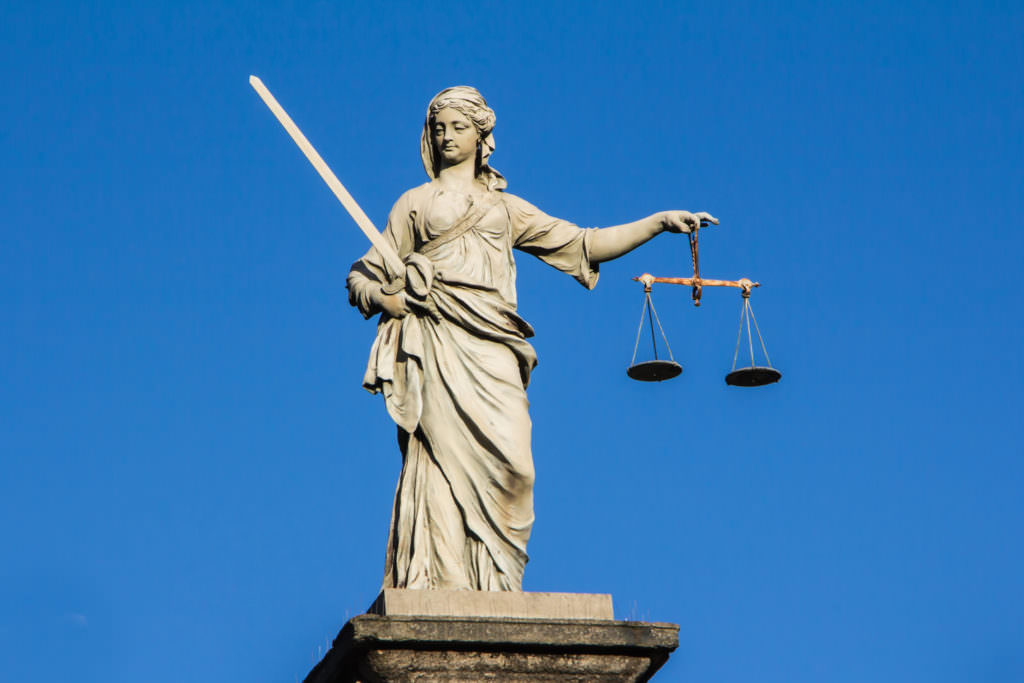
To evaluate whether exercise of the right to petition is genuine, the Tenth Circuit applied the two-part test previously adopted by the Supreme Court. First, the court must evaluate whether the petitioning activity is objectively reasonable. If the court concludes that it is, then the activity is protected by the First Amendment and the party is immune and may not be held liable for its activities.
The test also recognizes that petitioning activity may not be genuine; it may be an abuse of process or a sham. So, as a second step, if the activity is not objectively reasonable the court will look to the subjective intent of the petitioning party. This is called the sham exception. If the petitioning activity is found to be a sham, the activity is not afforded First Amendment protection and the party is not immune from potential liability based on that activity.
The lawsuit alleged that the defendants violated various Federal laws by seeking quasi-judicial and judicial review of the interpretation of allowable uses under a Planned Unit Development Control Document. The trial court held this petitioning activity of Cordillera Metropolitan District and the other defendants was objectively reasonable and therefore a protected activity, dismissing the claims against them as they were immune under the doctrine. The Tenth Circuit agreed, affirming the trial court’s dismissal.
